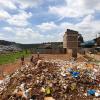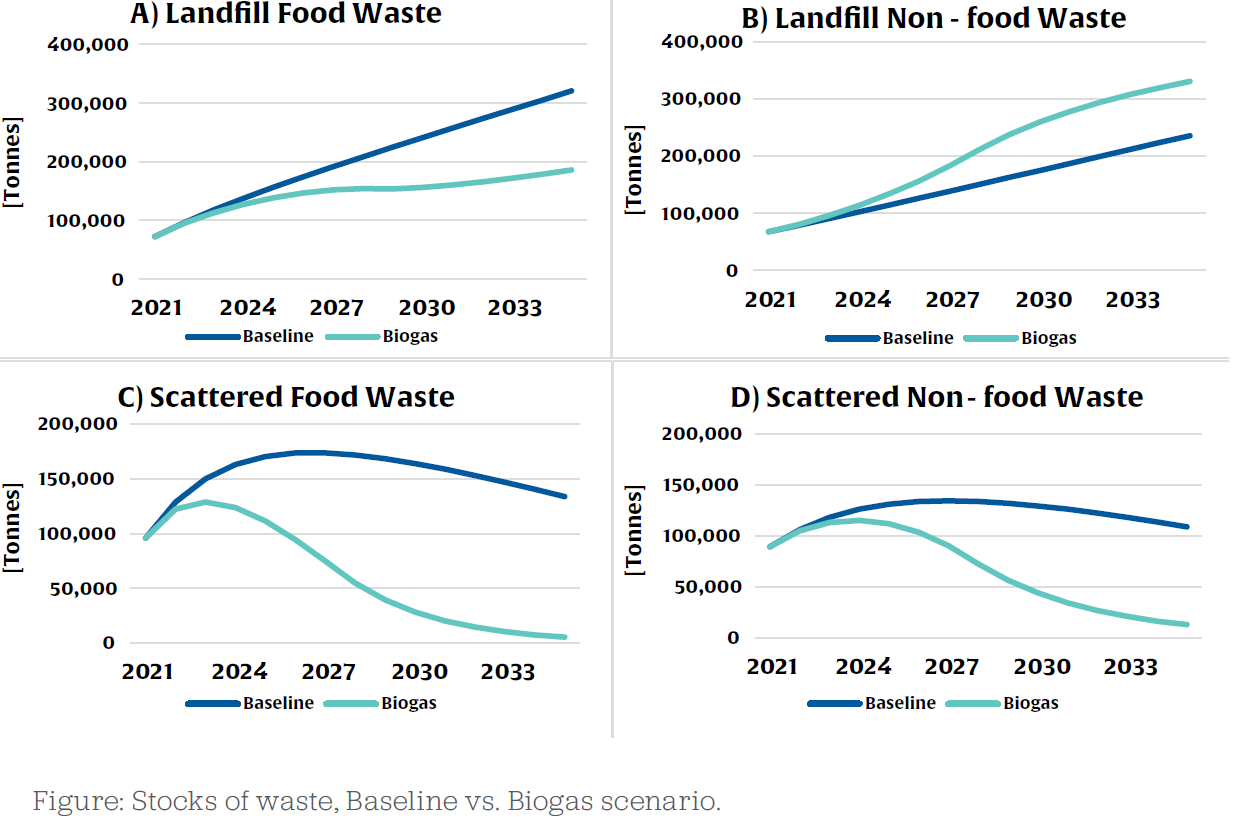
Options Winter 2021: Lack of proper waste management poses a threat to both the environment and human health. To alleviate the problem, IIASA researchers analyzed how waste management interventions such as turning waste into biofuel and a ban on open burning would impact air pollution, CO2 emissions, and health in Kisumu county, Kenya.
As in many low-income settings, the lack of proper solid waste management is a critical problem in Kisumu County, Kenya. Most of the 500 tonnes of waste that is generated here every day ends up in open dumpsites or scattered alongside roads posing an environmental and health hazard. Open burning of the waste is common, releasing toxic air pollutants that cause respiratory and cardiovascular diseases.
With urbanization, growing population, and projected economic growth, this issue is likely to worsen in the coming years. To avert the looming waste crisis, IIASA researchers Adriana Gómez-Sanabria and Gregor Kiesewetter participated in a study analyzing different waste management scenarios as part of a multi-partner effort to reduce air pollution in Kisumu.
Using a systems-dynamics approach, they modeled how the amount of waste, greenhouse gas, PM2.5 (fine particulate matter) emissions, and the number of life-years saved changed based on two different waste management interventions: converting solid waste into biogas and banning open burning in landfills. The researchers found that combining the two interventions would save over 1.1 million tonnes of CO2 emissions, 1,150 cumulative life years, and reduce air pollution compared to baseline projections by 2035.
“Waste is not just waste, it is also a material — by turning it into clean fuel we not only improve waste management but also reduce greenhouse gas emissions and improve air quality,” says Gomez Sanabria.
By Fanni Daniella Szakal
 © IIASA
© IIASA

